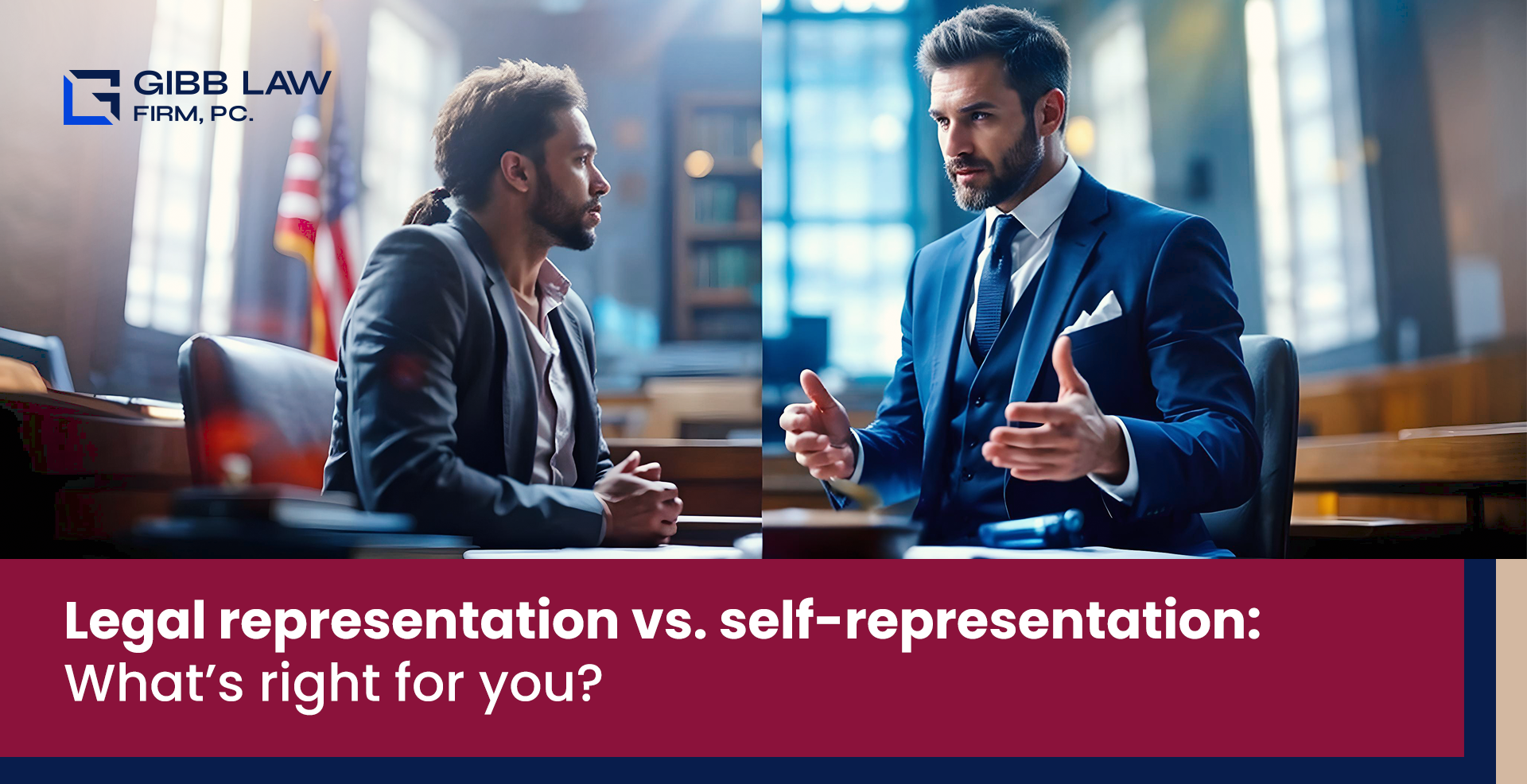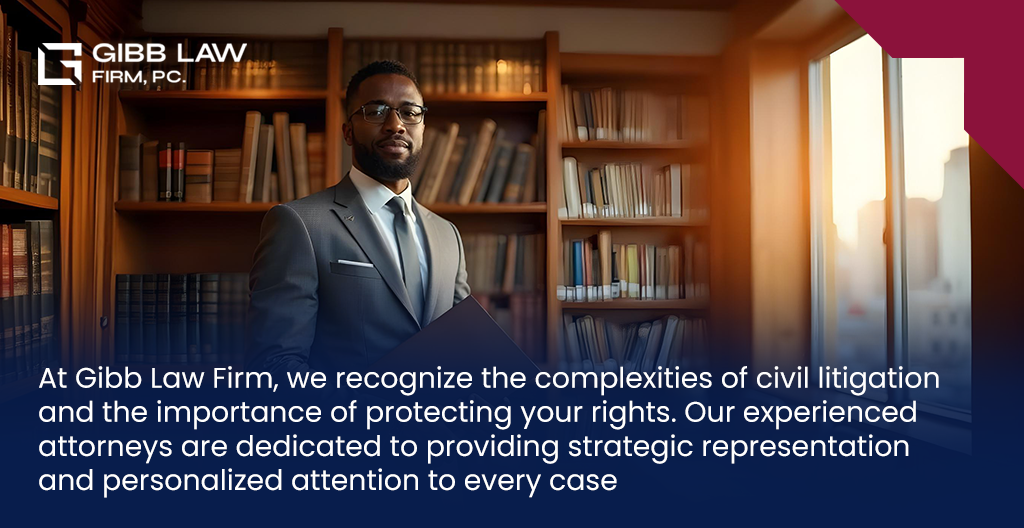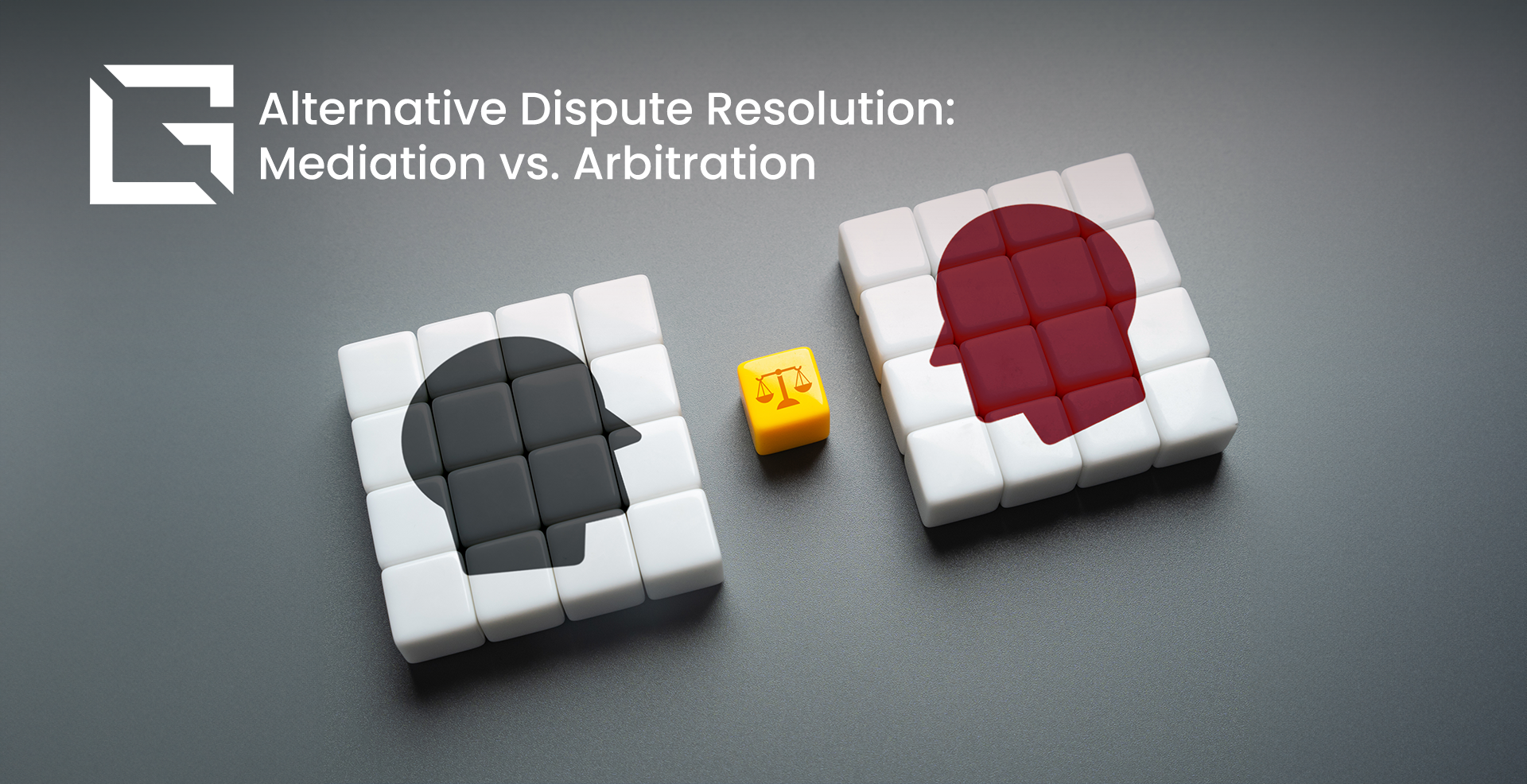Introduction
In Los Angeles, two individuals found themselves entangled in legal battles. A seasoned businessman, John faced a complex tax fraud case that threatened to dismantle his empire. Sarah, a young mother, was fighting for custody of her child after a contentious divorce.
With his vast resources, John hired a renowned law firm to represent him. His team of experienced attorneys meticulously prepared his case, leaving no stone unturned. They conducted in-depth research, gathered evidence, and crafted persuasive arguments. In the courtroom, John’s attorneys skillfully navigated the complexities of tax law, presenting a compelling defense that ultimately led to his acquittal.
On the other hand, Sarah was overwhelmed by the legal system. She struggled to understand the procedures, draft necessary documents, and effectively represent herself in court. Despite her best efforts, she felt lost and alone in the face of her ex-husband’s legal team. Her case eventually resulted in an unfavorable outcome, leaving her devastated and questioning the fairness of the justice system.
John’s and Sarah’s experiences highlight the stark contrast between legal representation and self-representation. While John’s access to experienced attorneys ensured a favorable outcome, Sarah’s lack of legal guidance led to a disappointing result. This blog post will explore the key factors to consider when deciding whether to hire an attorney or represent yourself, providing you with the information you need to make an informed decision.
Navigating the legal landscape can be a daunting and complex process. Whether you’re facing a criminal charge, involved in a civil dispute, or dealing with a family law matter, the decision of whether to hire an attorney or represent yourself can significantly impact the outcome of your case. This blog post will explore the key factors to consider when making this important choice, providing you with the information you need to make an informed decision.
P.S. – Gibb Law Firm is excited to announce the launch of an advanced new resource dedicated to Civil Litigation! Check out our press release to learn how we aim to streamline legal processes, ensuring that clients receive the most effective and informed representation in their civil cases.
Understanding Legal Representation
Hiring a qualified attorney like the legal experts at Gibb Law Firm offers several advantages. Attorneys possess the specialized knowledge and experience to navigate complex legal procedures, understand intricate legal concepts, and effectively advocate for your interests in court. They can provide valuable guidance throughout the legal process, helping you understand your rights, options, and potential outcomes.
When considering legal representation, it’s important to assess the complexity of your case. Cases involving complex legal issues, such as patent infringement, corporate law, or international law, often require the expertise of an attorney. Additionally, if your case involves significant financial stakes or potential long-term consequences, hiring an attorney can be a prudent investment.
The Challenges of Self-Representation
While self-representation may seem like a cost-effective option, it’s important to weigh the potential challenges involved. Self-represented litigants, often referred to as “pro se” litigants, may face difficulties understanding legal procedures, drafting necessary documents, and effectively presenting their case in court. They may also struggle to gather evidence, interview witnesses, and respond to opposing counsel’s arguments.
Furthermore, self-representation can be a time-consuming and emotionally draining process. Individuals may need to devote significant time and energy to researching legal concepts, preparing for hearings, and attending court proceedings. This can be particularly challenging for those who work full-time or have other responsibilities.
Factors to Consider When Choosing Legal Representation
When deciding whether to hire an attorney, consider the following factors:
- Complexity of the case: Is your case relatively straightforward or does it involve complex legal issues?
- Legal expertise required: Do you possess the necessary legal knowledge to handle your case effectively?
- Potential financial and emotional costs: Can you afford to hire an attorney, and are you prepared for the emotional toll of self-representation?
- Type of case: Are you facing a criminal charge, involved in a civil dispute, or dealing with a family law matter?
Types of Cases Where Legal Representation is Highly Recommended
In certain types of cases, hiring an attorney is strongly recommended. These include:
- Criminal defense: Criminal charges can have severe consequences, and having a skilled attorney can make a significant difference in the outcome of your case.
- Complex civil litigation: Cases involving substantial financial stakes, complex legal issues, or multiple parties often require the expertise of an attorney.
- Family law matters: Divorce, child custody, and other family law disputes can be emotionally charged and involve complex legal procedures.
Resources for Self-Represented Litigants
If you decide to represent yourself, there are resources available to assist you. These include:
- Self-help centers: Many courthouses offer self-help centers where you can find information, assistance, and resources.
- Online legal tools: There are various online resources, such as legal databases and forms, that can help you navigate the legal process.
- Legal aid services: If you qualify based on income, you may be able to obtain legal assistance from a legal aid organization.
Affordable Representation Alternatives
For individuals who cannot afford to hire a private attorney, there are several affordable representation alternatives:
- Pro bono representation: Some attorneys offer their services pro bono, meaning they work for free.
- Legal aid services: Legal aid organizations provide legal assistance to low-income individuals.
- Limited scope representation: In some cases, attorneys may agree to handle specific aspects of your case for a reduced fee.
So Legal Representation or Self-representation?
The decision of whether to hire an attorney or represent yourself is a personal one. By carefully considering the factors discussed in this blog post, you can make an informed choice that best suits your needs and circumstances. Remember, seeking legal advice is often a wise investment, as it can help you protect your rights and achieve a favorable outcome.
At Gibb Law Firm, we understand the complexities involved in navigating general civil litigation. Our experienced attorneys are dedicated to advocating for your rights and ensuring that your legal matters are handled efficiently and fairly. With a focus on personalized attention and strategic representation, we strive to resolve disputes and protect our clients’ interests. Whether you’re facing a contract dispute, business litigation, or any other civil matter, don’t hesitate to check the General Civil Litigation section of our FAQ page or contact our team for a consultation.
Disclaimer: This article is for informational purposes only and does not constitute legal advice. Please contact us to discuss the specifics of your situation.



